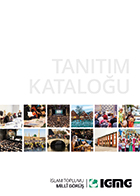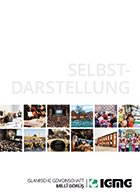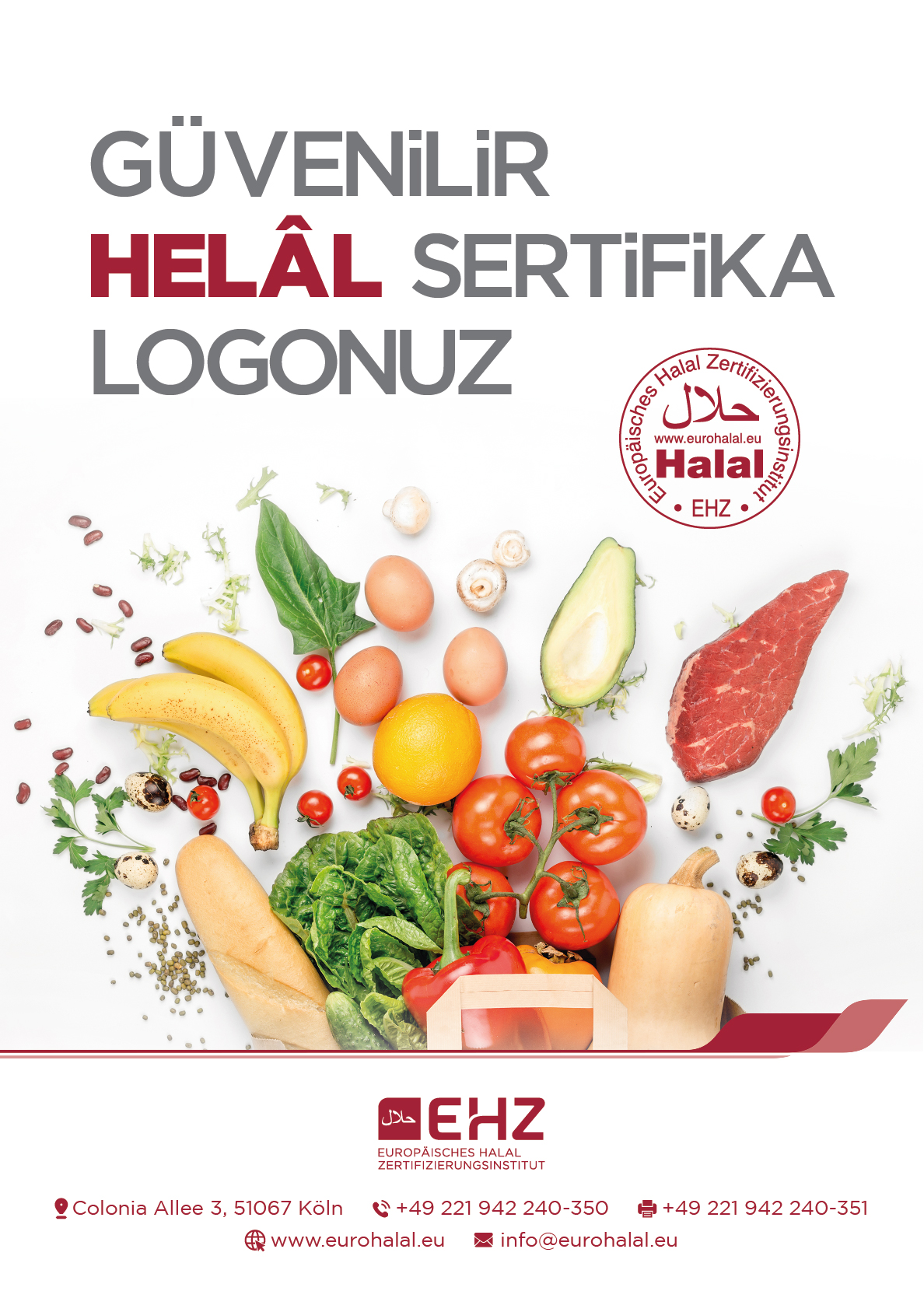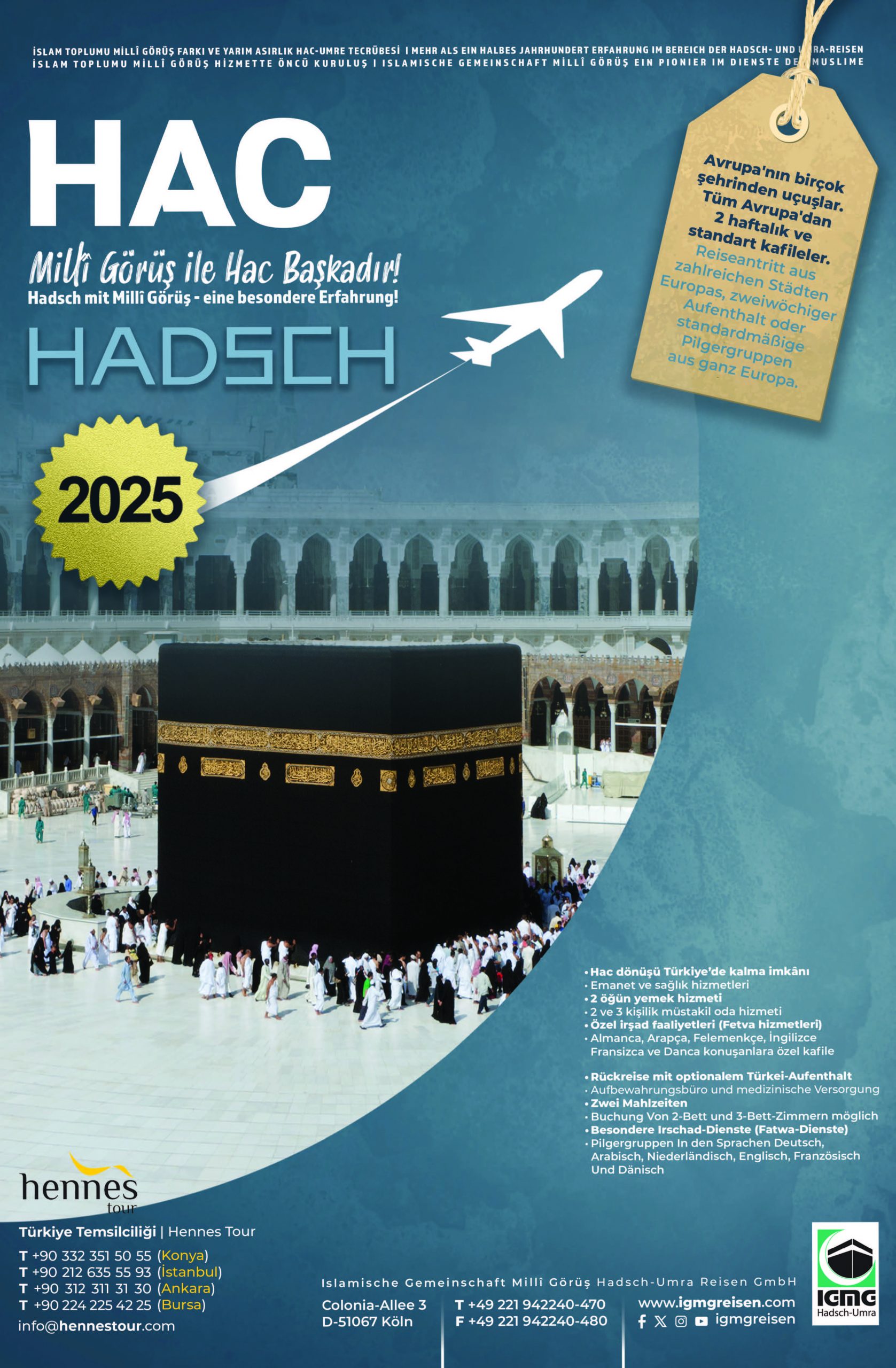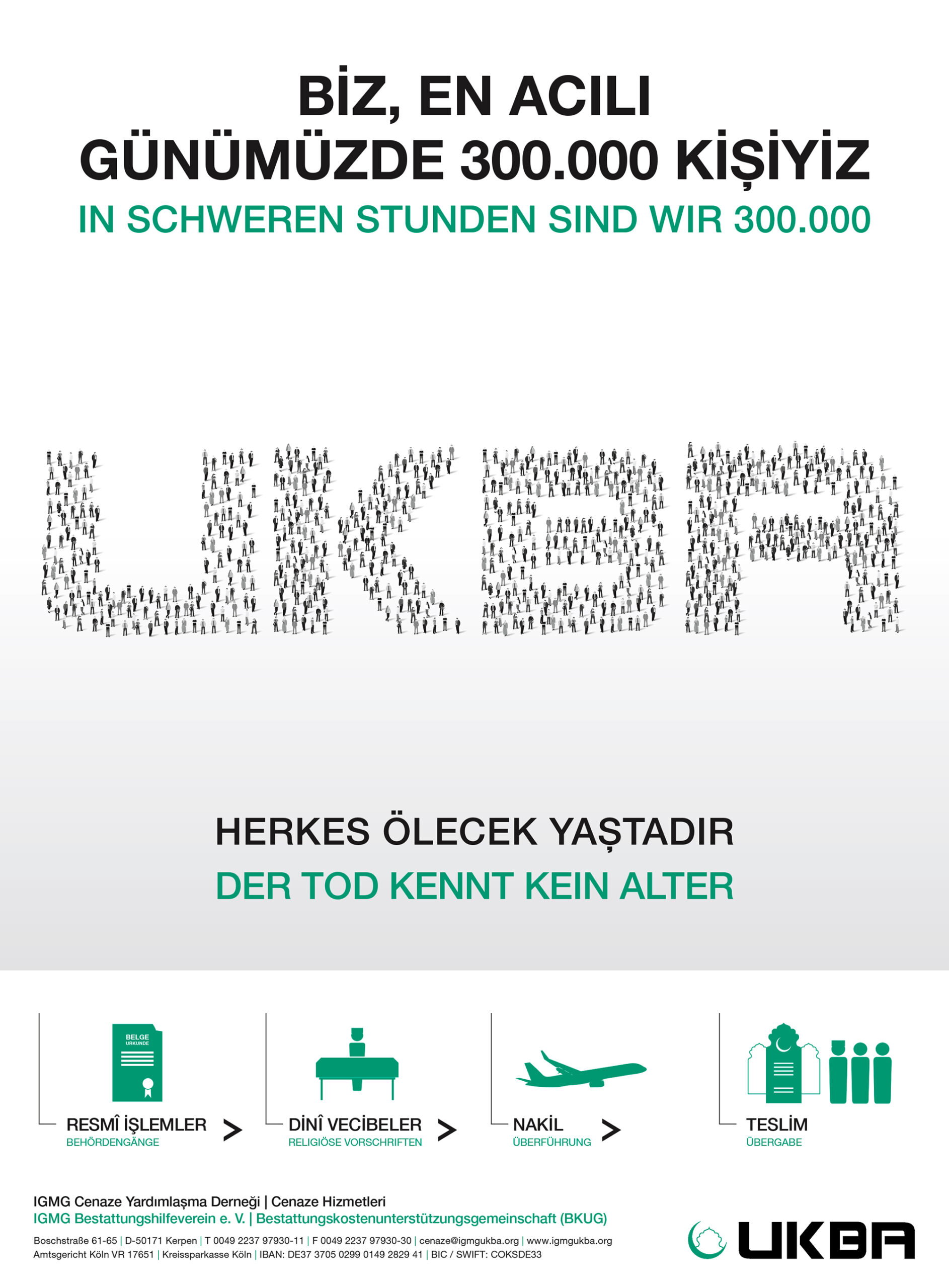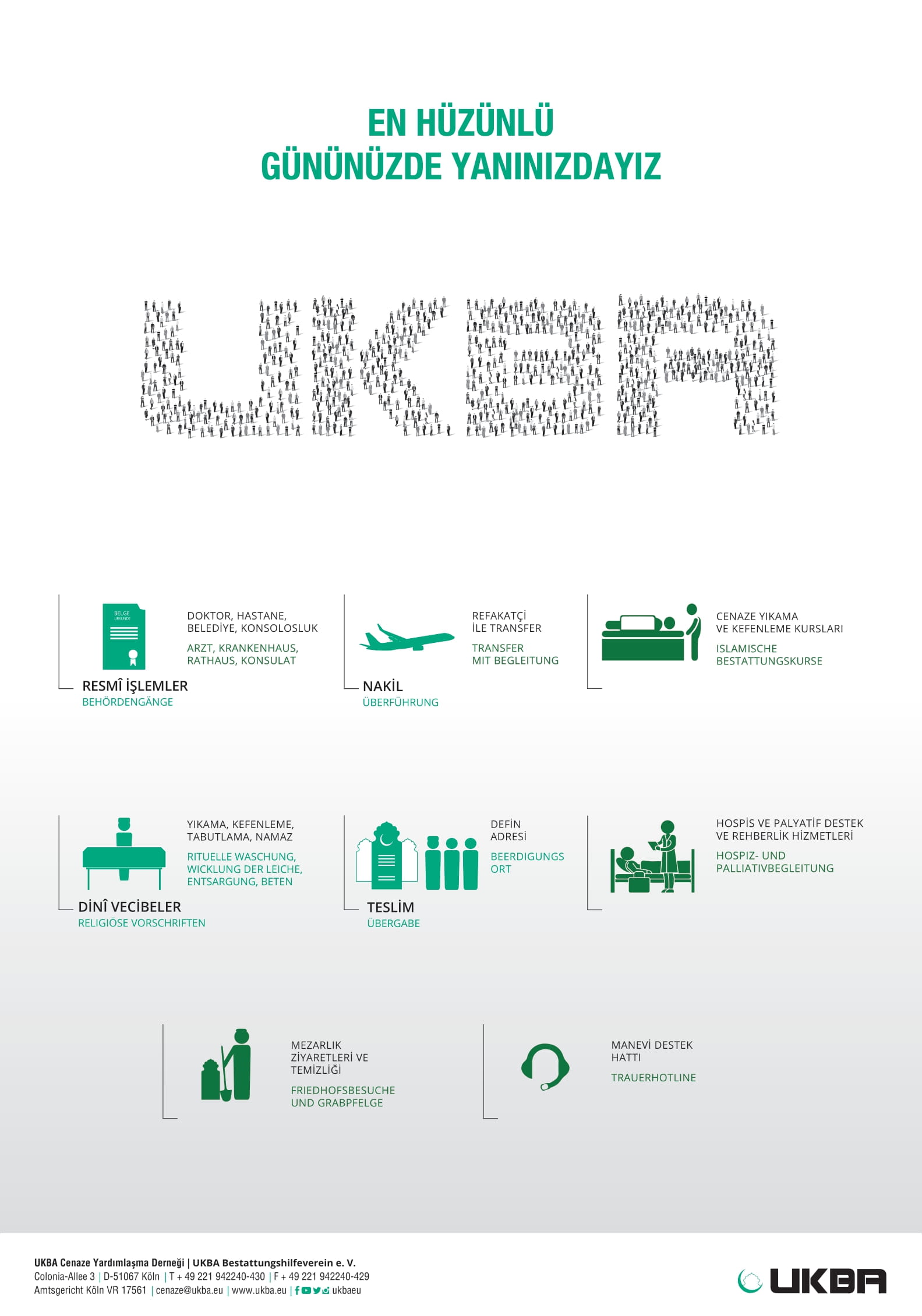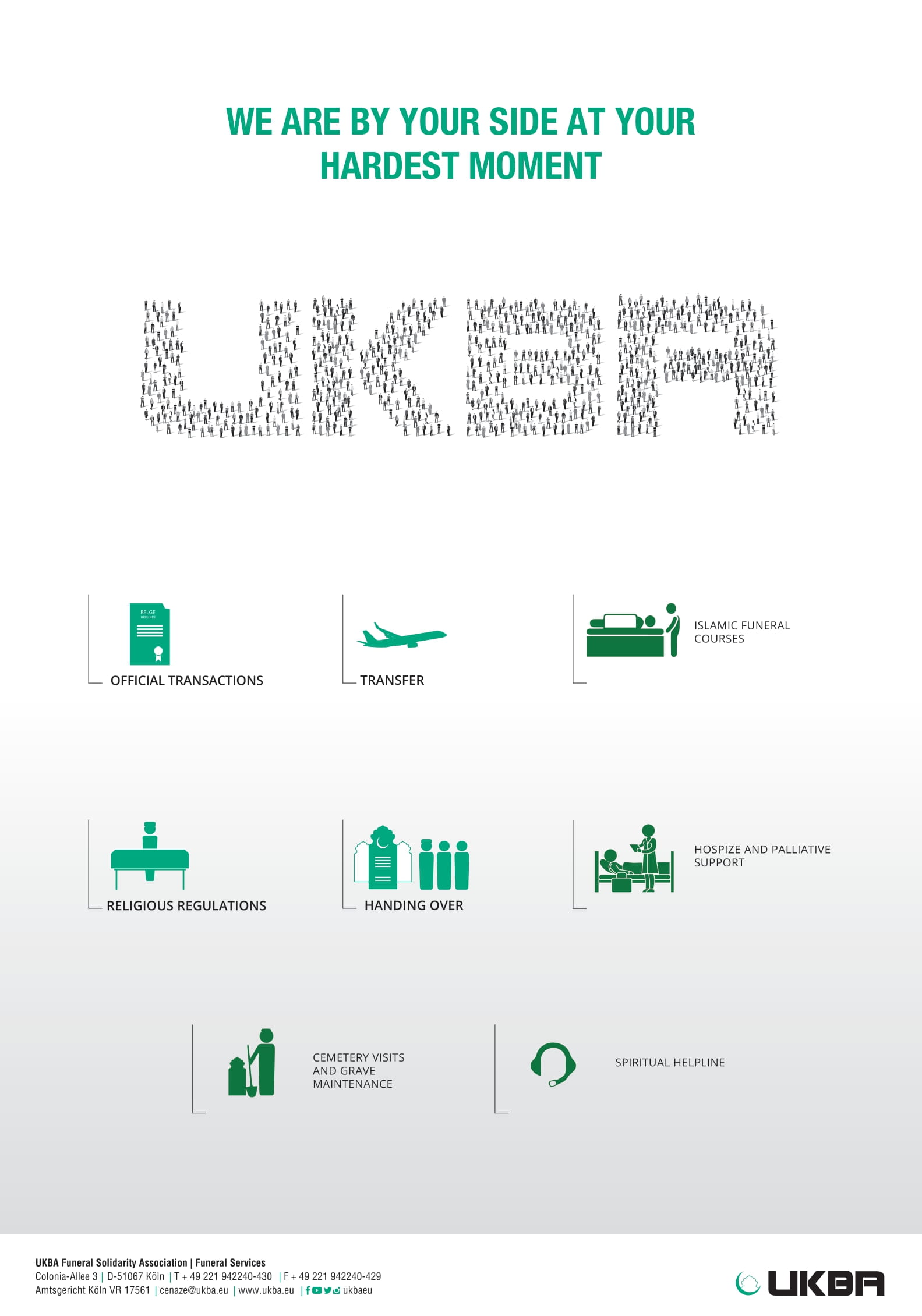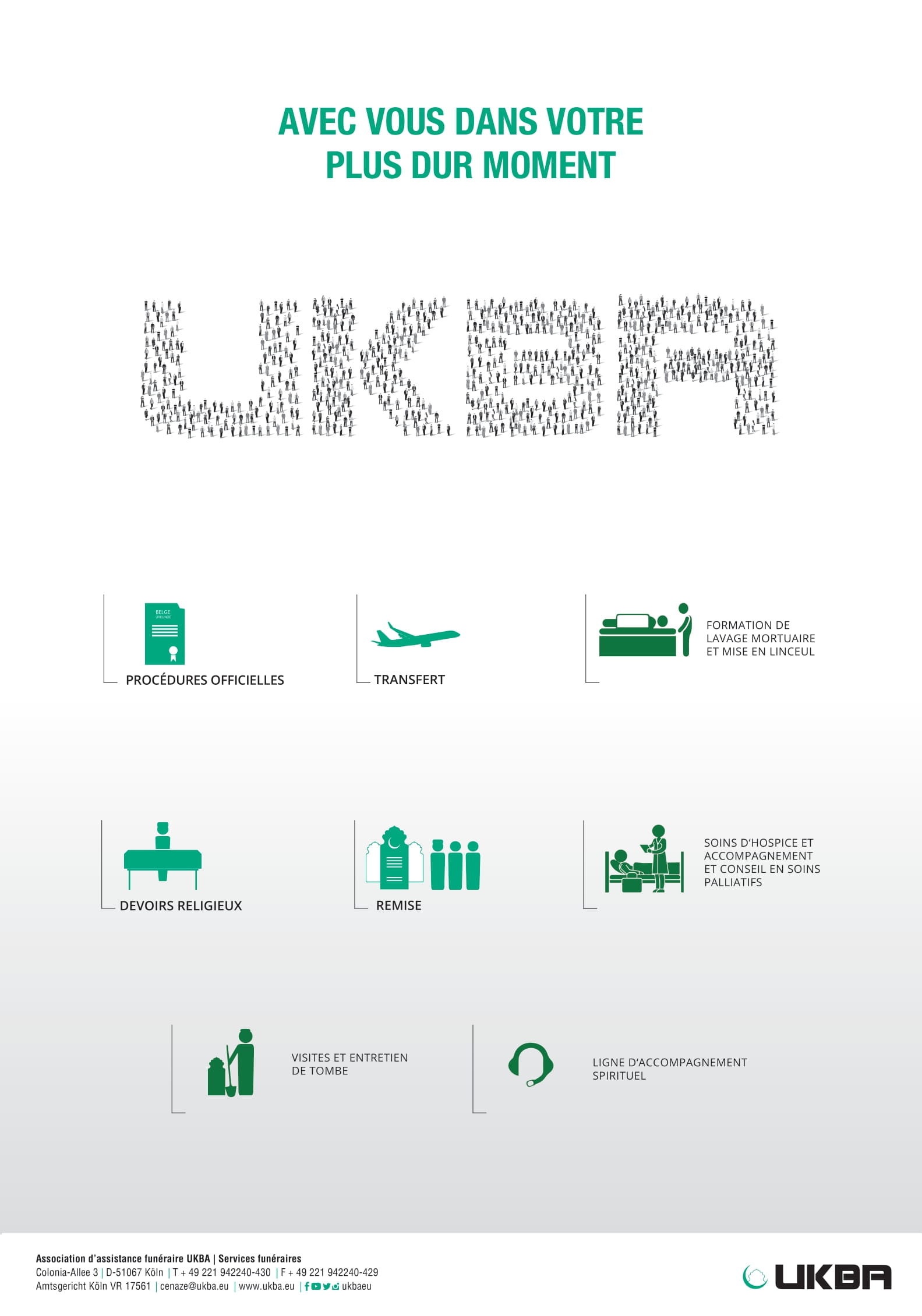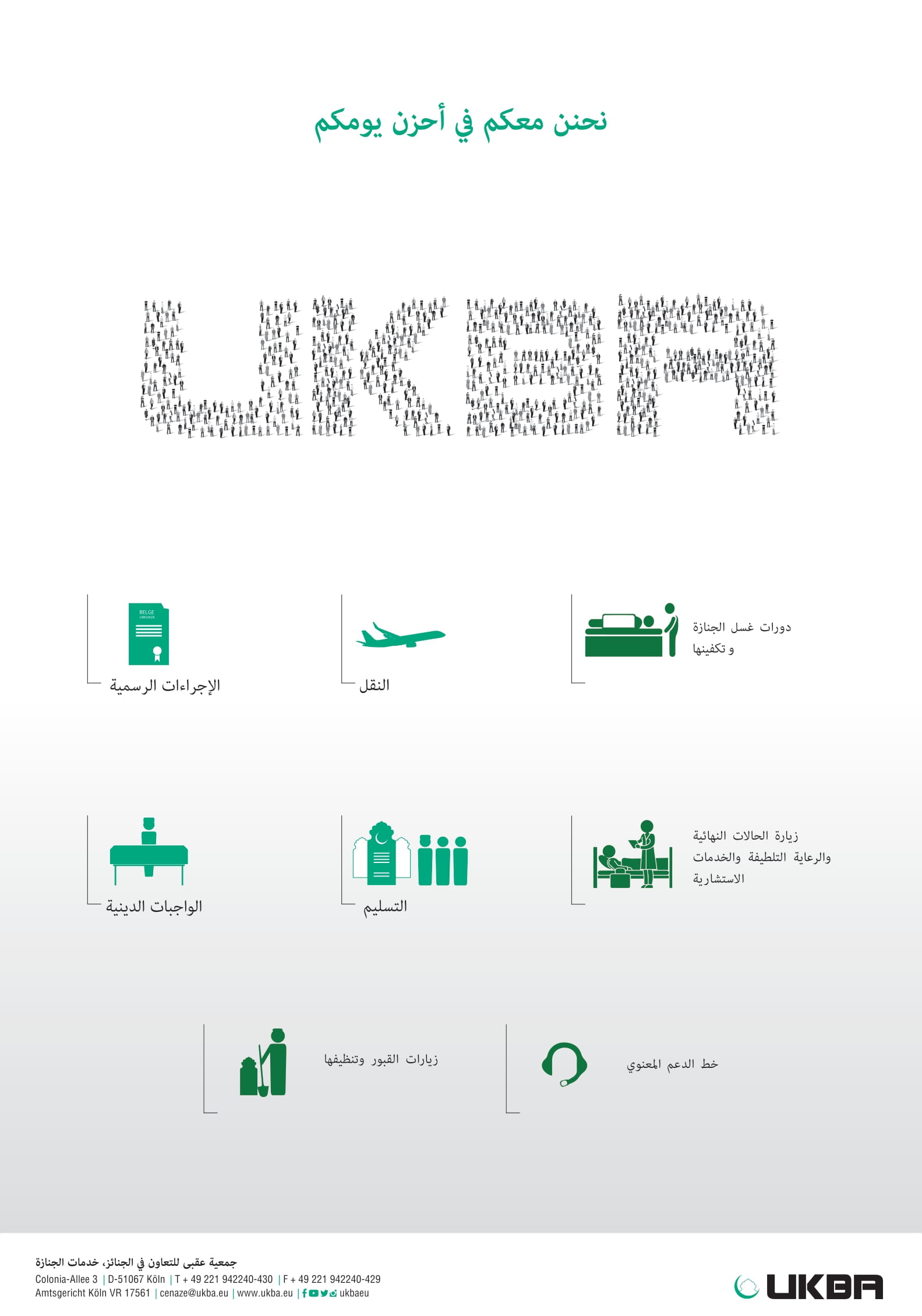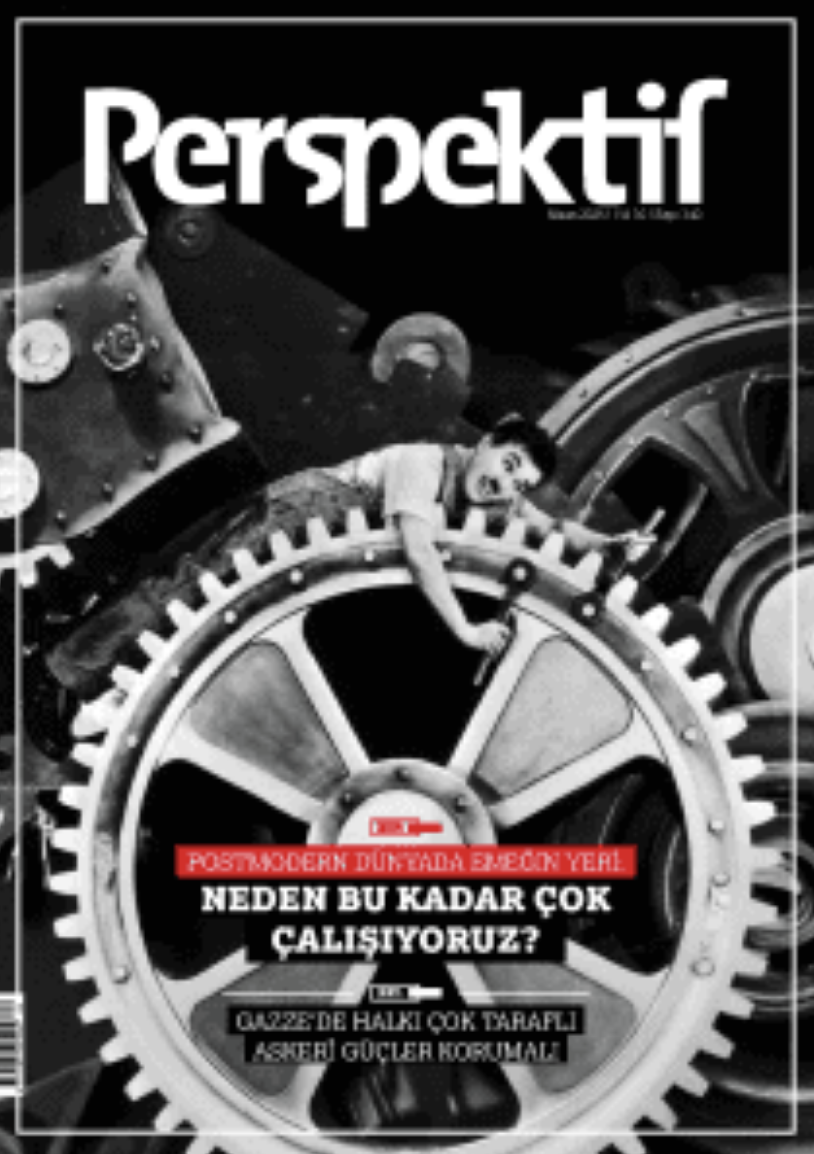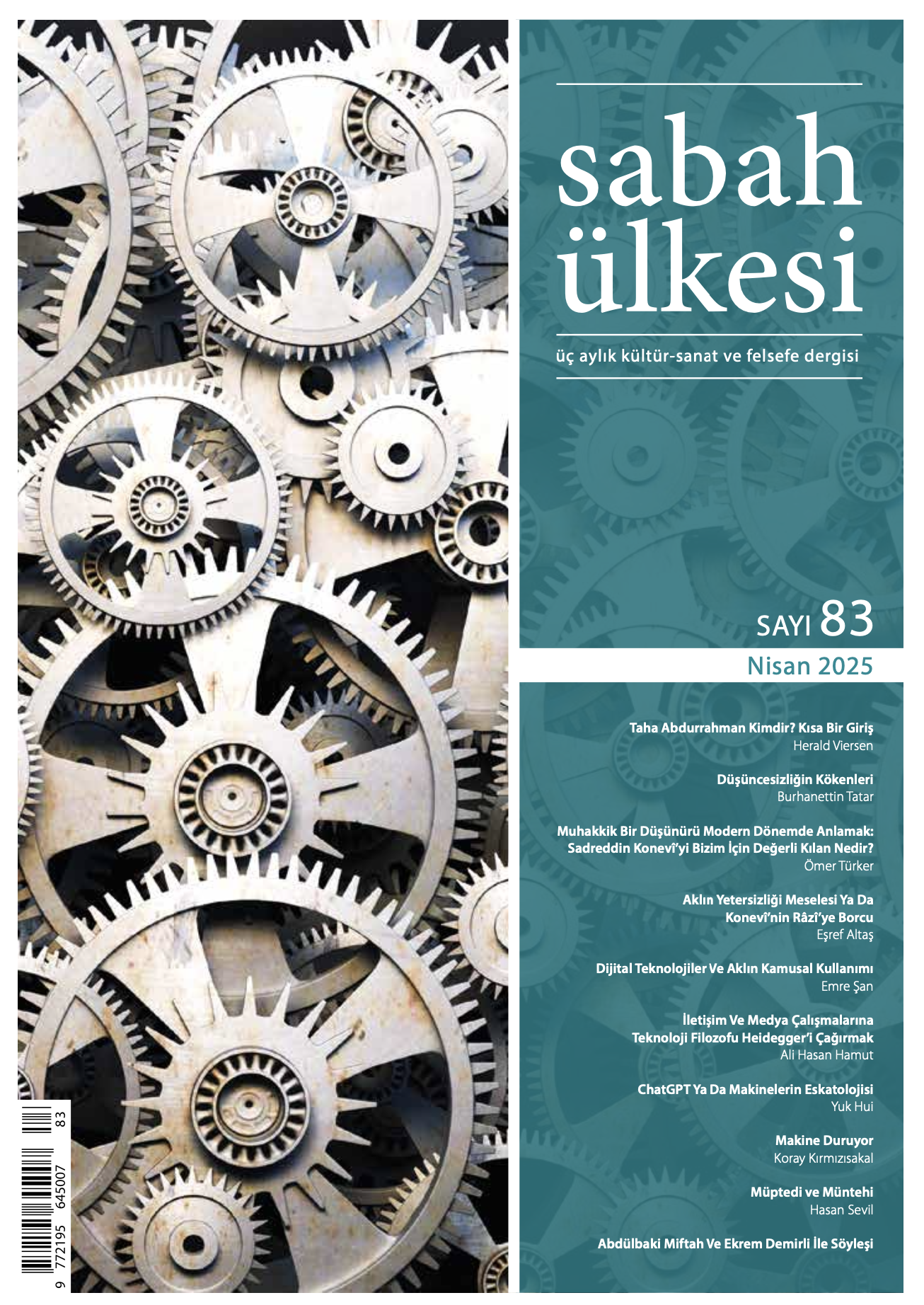Friday Khutba
Turning towards the Halal and the Pure
12. December 2024
Dear Brothers and Sisters!
Allah (swt) has set certain guidelines and boundaries for us in every area of our lives. One of the greatest tests in this world, which is a place of trial, is adhering to the limits of what is halal (permissible) and haram (forbidden). Living in accordance with the measures and boundaries set by Allah (swt) will bring us happiness in this world and eternal peace in the hereafter. On the other hand, failing to observe these guidelines and boundaries will condemn us to misery both in this world and in the eternal life of the hereafter. As mentioned in the verse we recited at the beginning of our sermon, “O mankind! Eat from the good and pure things on the earth; do not follow the footsteps of Satan. Surely, he is your clear enemy. ”[1] This verse has provided us with a roadmap. It is thus stated, providing us with a roadmap. The boundaries of halal and haram encompass every aspect of our lives, starting from what we eat and drink, extending to our clothing, our work and earnings, and even our relationships with one another, beginning with those closest to us. These boundaries cover the entirety of our lives.
Dear Brothers and Sisters!
The fundamental reason why halal nutrition is given great importance in our religion is because a person’s life is directly linked to what they consume. If someone is nourished by what is haram and does not pay attention to what they eat and drink, good behaviour and moral conduct will not emerge from that person. Moreover, in one of his hadiths, the Messenger of Allah (saw) emphasises that the acceptance of a person’s worship and prayers is also dependent on the halal nature of their food and drink..[2] Today, as a result of interventions in human nature, the environment, animals, and food, many outcomes have emerged that are not in accordance with Allah’s approval.
Dear Jama’ah!
One of the main points to pay attention to in halal food and nutrition is the avoidance of ingredients that are religiously prohibited, such as forbidden additives and intoxicating substances. The widespread use of genetically modified organisms (GMOs) and similar elements today makes it essential to adopt a more conscious approach to these matters. Similarly, staying away from any activity that raises doubts about its halal status is both a religious and spiritual responsibility. Indeed, the advice of our Prophet (saw) holds great significance in our lives. As narrated by Ebu’l-Havrâ’ es-Sa’dî: “I asked Hasan ibn Ali, ‘What did you memorise from the Messenger of Allah (saw)?’ He replied, ‘I memorised this from him: ‘Leave what makes you doubt, and focus on what does not.‘!”[3] We must recognise that feeding ourselves and our future generations with haram (forbidden) food is a serious sin, and we should act with utmost awareness when it comes to halal and haram. With this hadith, the Prophet (saw) has advised the believers to be vigilant about the lines of halal and haram in every area of their lives. Allah (swt) has placed such great importance on the halal nature of what we consume that He commanded all of His prophets to do the same, saying: “O messengers, eat from the good (halal, pure, and wholesome) things, and do righteous deeds. Indeed, I am fully aware of what you do.”[4] In light of this truth, anyone who values their religion, seeks happiness in both this world and the hereafter, and is careful about raising their children with a Muslim identity, should ensure that not only what they eat, but also what they feed their families, is halal and pure.
Dear Brothers and Sisters!
Finally, let us remind ourselves of this: The things that Islam has declared haram and for which it has instructed us to avoid are not meant to darken the life of a Muslim, nor to deprive them of peace, or place them in hardship. On the contrary, for every prohibition, a lawful alternative—something better and purer—has been offered to humanity. The list of halal things is endless. The realm of the halal is so vast that there is no need for the haram. Since the haram things are few and limited, they are specifically mentioned in the Qur’an. Therefore, it is not acceptable for a believer to abandon the countless halal blessings and instead engage in the few forbidden things. May Allah (swt) enable us to nourish ourselves and our generations with what is halal and pure and keep us away from haram and doubtful matters.
[1] Surah Al-Baqarah, 2:168
[2] Müslim, Zekât, 65
[3] Nesâî, Eşribe, 50
[4] Surah Al-Mu’minun, 23:51
